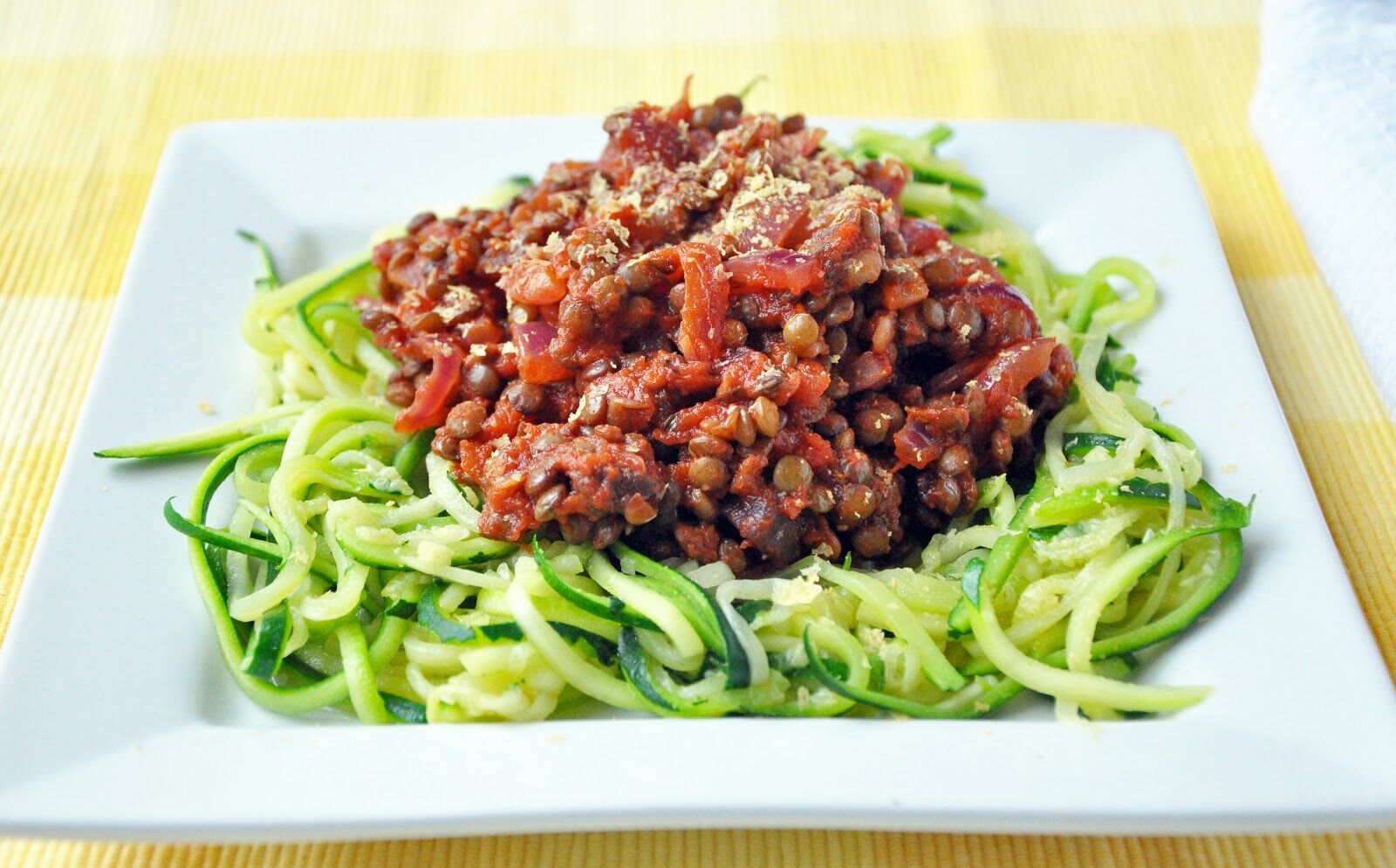Dine
Ethical Eating
We can thank millennials for a lot of things: social media, $1500 sneakers and kombucha. We also have them to thank for veganism going mainstream.
December 14, 2019
Pacific Island Living
December 14, 2019We can thank millennials for a lot of things: social media, $1500 sneakers and kombucha.
We also have them to thank for veganism going mainstream.
According to The Economist a quarter of 25-34 year old Americans now say they are vegans or vegetarians. Worldwide figures are going up too, recent Roy Morgan research found the number of Australian adults that eat completely or almost meat-free diets has also risen in recent years, from 1.7 million people in 2012 to almost 2.1 million in 2016, or 11.2% of the population.
The definition of a vegan is ‘a person that does not eat or use animal products’ therefore a vegan diet excludes meat, fish, dairy and eggs. And it’s never been easier to follow a vegan diet than now.
Meat substitutes are on the rise, where you used to have to poke around the back of health food shop to find a pack of Quorn, now supermarket shelves are groaning with vegan sausages and ‘meat’ patties that ooze beetroot blood.
McDonalds even has a McVegan burger. Every week another book is released touting the benefits of a plant-based diet and a raft of vegan recipes. And restaurants have more vegan options than ever.
Some claim following a vegan diet is good for your health, and the environmental and ethical benefits are far reaching too.
If you’re considering going vegan, you may be thinking about the animal-based foods you will be eliminating from your diet, like meat, dairy and eggs.
“These foods are rich sources of vitamins, minerals and macronutrients that are needed in a healthy diet,” Australian Public Health Nutritionist Mathew Dick said. “If you do decide to go vegan your focus will soon shift to the foods you will be eating as part of your new lifestyle. The meat and dairy food groups shouldn’t be eliminated from the diet entirely. There are myriad health benefits from following a plant based eating regime, here are a few that may have you rethinking your current diet:
HEALTHY HEART
Eating an abundance of fruit and vegetables has many benefits for the heart. Not only do many of the nutrients obtained from a vegan diet protect the heart, the antioxidants and phytochemicals actually reduce the risk of heart disease. A plant based diet also reduces the plaque build-up in your blood vessels that can lead to stroke and diabetes.
DIGESTIVE HEALTH
Thanks to an increase in fibre intake, a vegan diet means good gut health which in turn means less inflammation (goodbye bloating and gassiness). Not only does a fibre rich diet containing plenty of roughage help with digestion and prevent constipation, it also lowers the risk of heart and blood vessel disease and bowel cancer.
WEIGHT LOSS
Many people become vegan purely to lose weight, and for good reason. Studies show that people on a vegan diet lose more weight (and are more likely to keep it off) than those who follow calorie restrictive diets. There are still a lot of empty calories and bad food choices available to vegans so its important to try and stick to a wide variety of whole foods, rather than those that are created in a lab or factory.
ENERGY
There’s a common conception that vegans have a low protein and low iron intake resulting in low energy levels. However, like any diet, if a wide variety of food (within the plant based parameters) is consumed then a vegan diet should be adequate. Beans, wholegrains, lentils and nuts are all important energy sources, especially when consumed with nutrient rich fruits and vegetables. Anecdotal evidence suggests that when vegans follow a healthy diet they in fact have more energy to burn.
BLOOD SUGAR
Going vegan seems to also help with declining kidney function and warding off type 2 diabetes. Studies show that those who follow a purely plant based diet tend to have lower blood sugar levels, higher insulin sensitivity and up to 50-78% lower risk of developing type 2 diabetes, particularly when combined with exercise.
Meanwhile try this recipe for vegan bolognaise:
Vegan bolognaise
Ingredients:
• 1 tablespoon coconut oil
• 1 large onion, diced
• 2 celery sticks, diced
• 2 carrots, diced
• 1 clove garlic, chopped finely
• 400g tin chopped tomatoes
• 400g tin lentils, drained
• ½ cup vegetable stock
• Zucchini noodles, to serve
• Salt and pepper, to taste
Method
Heat coconut oil in a heavy based saucepan then cook onion, carrot, celery and garlic with a pinch of salt over medium heat, stirring frequently until onions are translucent. Add tomatoes, lentils and stock and bring to the boil then simmer on a low heat, stirring occasionally, until sauce has thickened slightly, about 20 minutes. Season to taste and serve with spiralized zucchini.
© 2024 Pacific Island Living Magazine all Rights Reserved
Website by Power Marketing